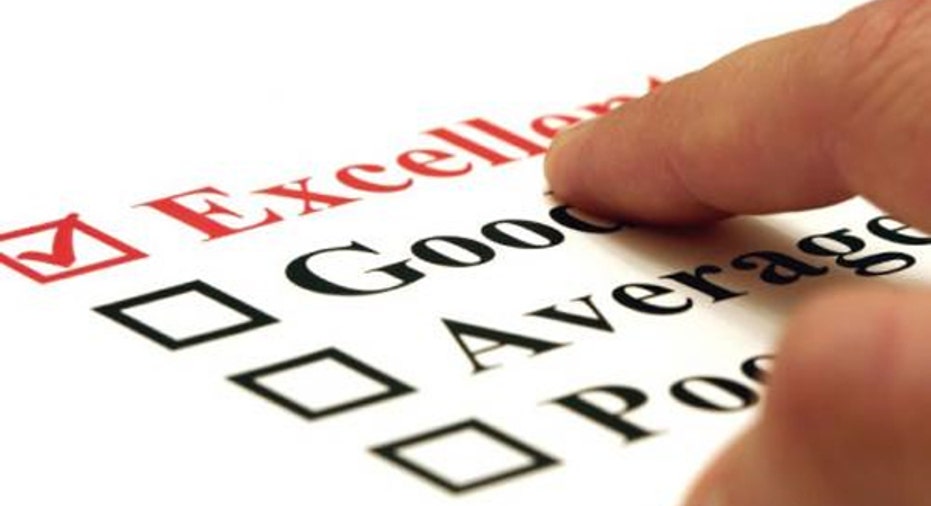Living Paycheck to Paycheck and Repairing Credit

Dear To Her Credit,
I'm desperate. My credit is awful! It shows lots of charge-offs and late pays. I have a good job, but I live paycheck to paycheck, being I'm a single mom.
I want to get out of debt and rebuild my credit, but I do not know where to start! I understand the method of paying extra on the smallest credit card until it's paid off, but how much extra do I pay? It seems the interest that is accruing is like a vicious cycle faster than I can pay things off.
How do I rebuild my credit score with all the bad marks on it? Any advice you could give would be greatly appreciated.
- Shawn
Dear Shawn,
Forget your credit score for the moment. Your credit score is just a symptom. It's not the underlying cause of your financial problems.
Before you decide how much money to send or where to send it, you need to know exactly where you stand financially. Make a list of all your debts. For each credit card balance or other debt, list the balance, the minimum monthly payment and the interest rate. This step is important -- don't skip it and just start paying bills, especially when you live paycheck to paycheck.
If you've never added up your total debts before, it can be startling. They can add up fast. When you have the bill in front of you, however, you have a starting point. You can only make the best decisions about how to tackle your debt when you can see them all in one place. As a bonus, you can save this list of debts and congratulate yourself later as you pay them off one by one.
The second thing you should do is list your financial resources. There's your paycheck, plus any other income such as child support. You may have things you can sell or other financial accounts. Don't bother selling things you'd have to replace, and leave your retirement accounts alone.
The third step is to match your income to your expenses, including debt minimum payments. If you're not sure how much you spend on living expenses every month, look at your credit card statements, debit card payments, cash withdrawals and other records for the past few months. You're making a basic budget, which you'll use to decide how much you can put toward debt payments.
When you know how much you can afford to apply to paying off debt, look at your debt list again. Focus on the interest rates for each account. Instead of paying off the smallest account first, make extra payments on the account with the highest interest rate.
I know there's a psychological benefit to paying off the smallest card first. If you have two cards with similar interest rates, go ahead and pay off the smallest one so you get that sense of accomplishment. However, if you're serious about getting out of debt, always pay off the highest interest card first. As you say, interest expense accrues in a vicious cycle. Stopping sky-high interest expense is the first, most important thing you can do to take control of your credit card problem.
If you look at your budget and don't see enough money to pay off your debt in a reasonable time period, look for ways to increase your income or cut back on your expenses. Going without cable TV or taking leftovers to lunch instead of eating out may save you enough money to make extra credit card payments.
If you discover that your financial problems are beyond the scope of cutting expenses here and there, don't get discouraged. You've already taken the hardest step by finding out where you stand. Consider taking your information to a personal finance class or a credit counselor affiliated with the National Foundation for Credit Counseling or the Association of Independent Consumer Credit Counseling Agencies for help sorting out your options.
Every month that you pay all your bills on time, your credit history starts to look better. When you pay down balances, you improve your credit utilization rate (the total amount of debt owed compared to the total available credit you have) -- another win for your credit score. Keep your eye on your total financial picture and soon your credit score will be just fine.
See related: 8 steps to picking a credit counselor, How to cut a bare-bones budget even further



















